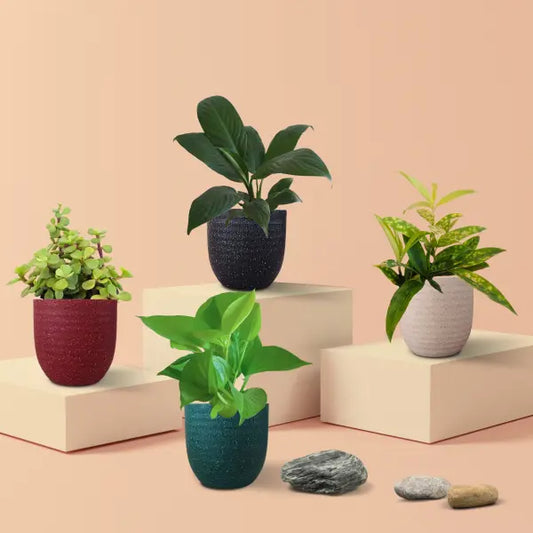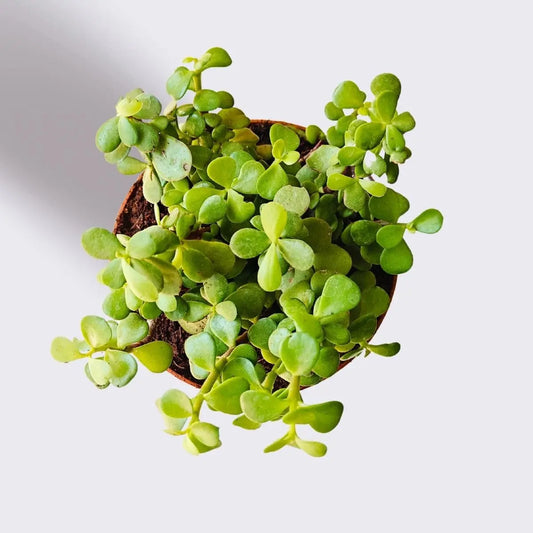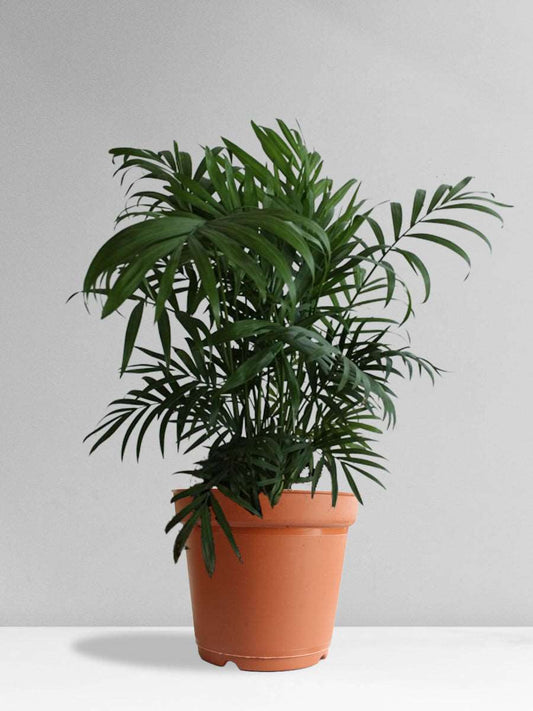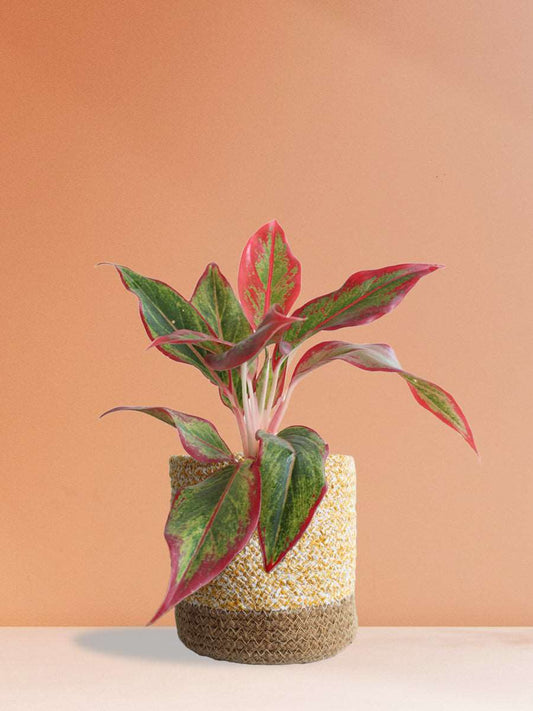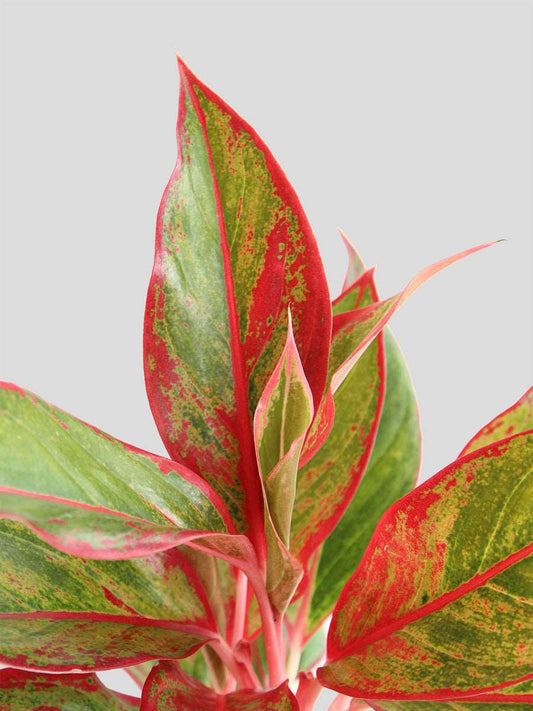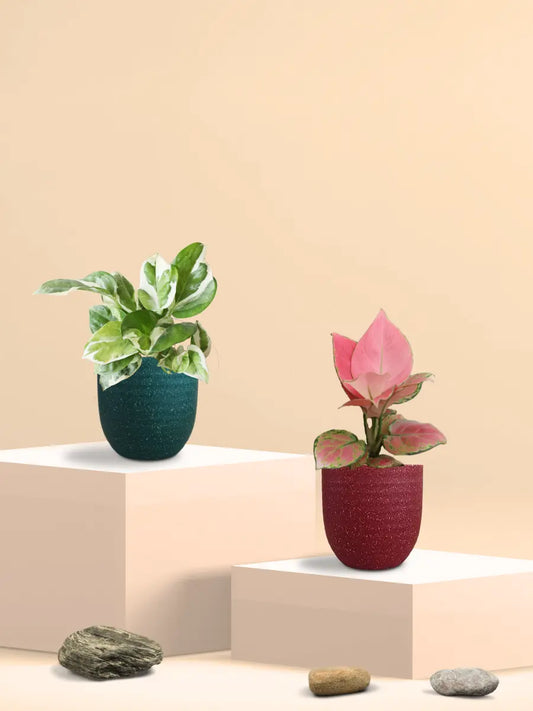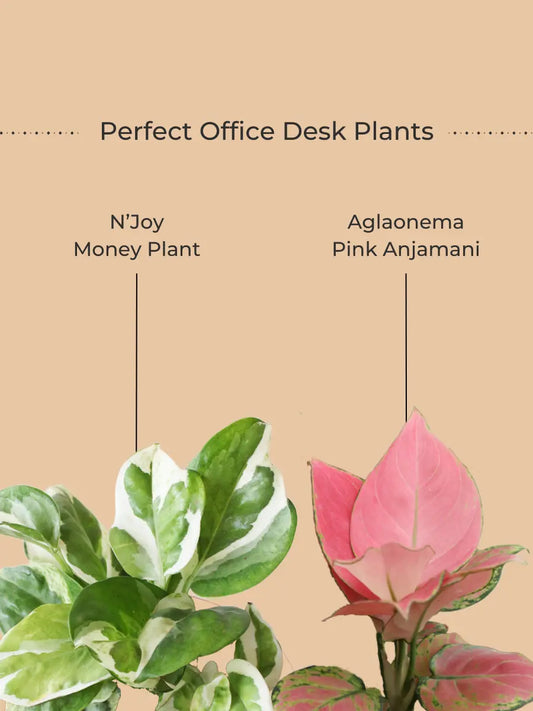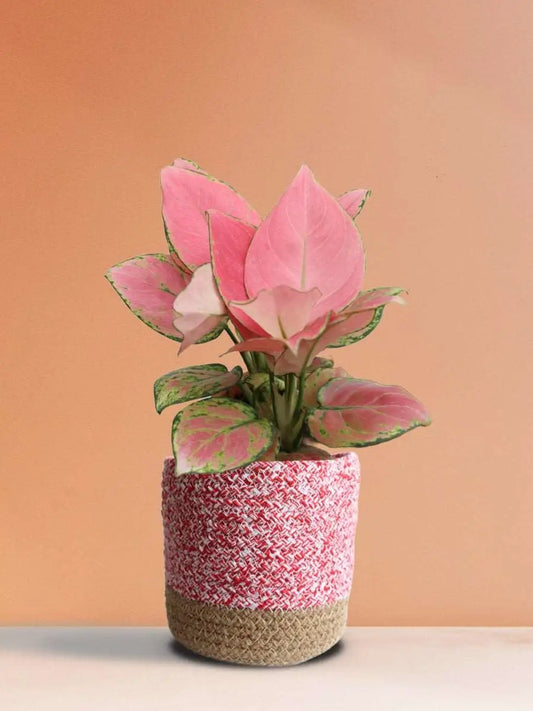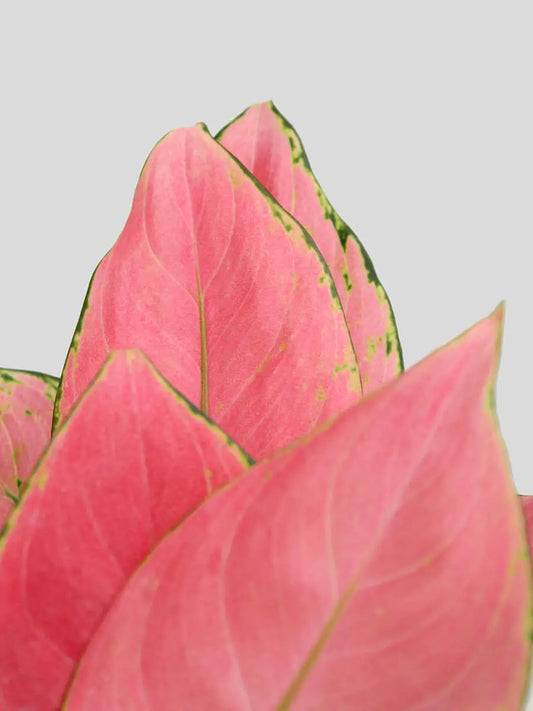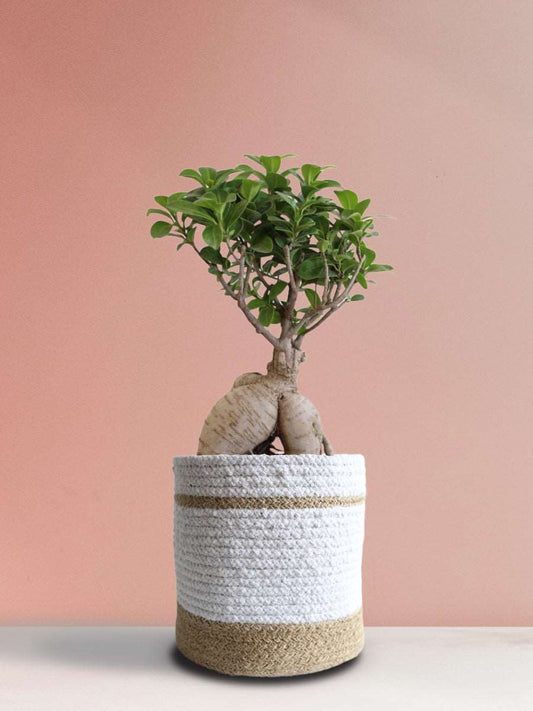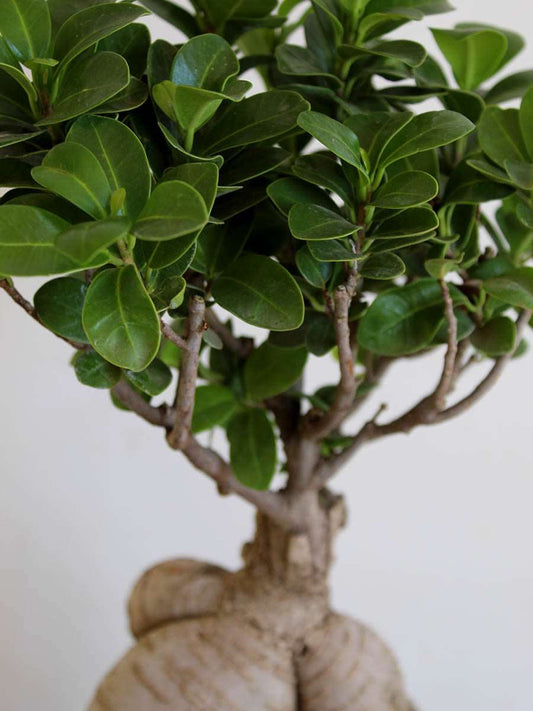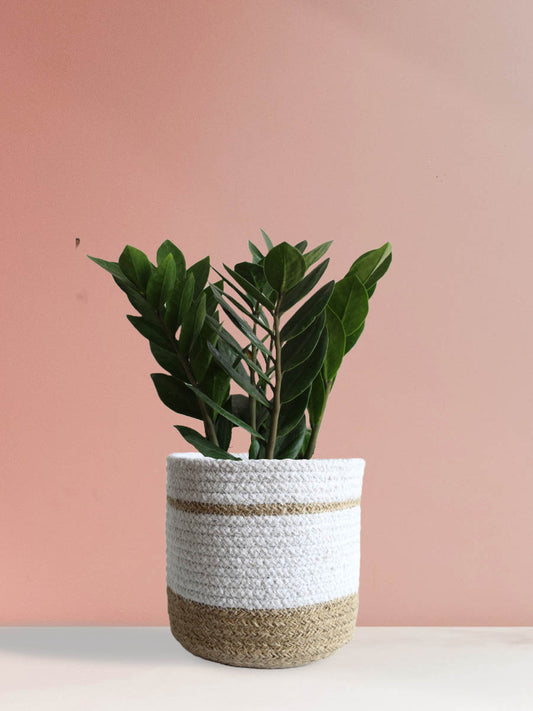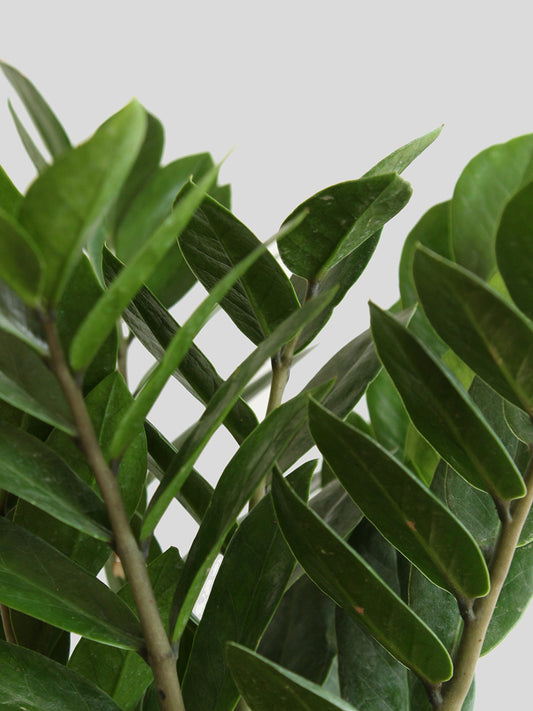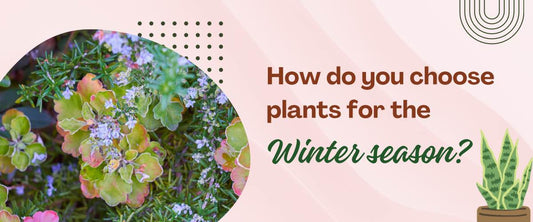Natural Remedies To Remove Fungus From Gardens
Regarding your beloved houseplant or garden, fungi are as unwelcome as a skunk at a lawn party. However, wait a minute before you grab the fungicide, as Mother Nature may have other plans. Fortunately, there are safe and effective natural alternatives to harmful chemicals that may kill out fungal pests without harming the good creatures, birds, and ladybugs that help keep your plants healthy.
Fungus can grow in your garden due to inadequate soil drainage, dampness, overcrowding, and poor air circulation. By learning about these problems and fixing them, you can make your plants better and healthier and lower the risk of fungus. Let’s explore the ultimate guide to natural remedies to remove fungus from gardens.
Where is fungus most common in the garden?
Fungi can be found in almost any habitat. However, most fungi live on land, mainly in soil or on plant material. Some common fungi in gardens include Slime molds, Stinkhorns, Powdery mildew, Bird's nest fungi, golfball, and shot-gun fungi , and Fungus Diplocarpon rosae. This is due to:
1. Slime molds

Slime Molds thrive on decaying logs, ground leaves, mulches, and over-thatched turf. However, they vanish in hot, dry weather, so control is rarely needed.
2. Stinkhorns

Stinkhorns are found in lawns, near the base of dead trees, or in flower beds mulched with wood chips. They grow after late summer and fall rains and cold weather. They are harmless and require no supervision.
3. Powdery mildew

Powdery mildew flourishes under dry soil conditions in humid and damp climates. It can infect roses and clematis. White, powdery growth on leaves, new shoots, and other plant parts promotes the infection. Even though it rarely damages plants, it may deplete their nutrients and water if left unchecked.
4. Bird's nest fungi, golfball and shot-gun fungi

Bird's nest fungi all grow on manure or lumber in the process of decaying. These fungi only thrive on decomposing plant matter, so they won't affect live plants.
5. Fungus Diplocarpon rosae

A common rose and plant disease, causes black, circular dots on leaves. During long rains, severe diseases often turn leaves yellow and fall off early.
Note that “not caring for an unhealthy plant” is all these fungi require to grow. Plants and trees get diseases when insufficient factors, like moisture and temperature, help them grow and spread.
Also Check This: How to Reuse Coffee Grounds to Fertilize Houseplants
Why is there so much fungus in my garden?
Finding fungus everywhere in your garden can be worrying for your plants. Understanding the cause is crucial to solving this issue. Identifying the problem, from local conditions to horticultural customs, allows for customized remedies to revive your garden.
- Poor soil drainage: Gardens need good drainage. Water pools in the ground without sufficient drainage, favoring fungal development. Organic fertilizer for soil improves drainage over time.
- High humidity breeds fungi: Fungus dermatophytes thrive in humid environments. Prevention of these frequent fungal infections requires proper ventilation and air circulation.
- Overcrowded plants: Limited sunshine and air circulation increase humidity, which promotes fungal spore development and infection. Cut or space plants to increase light and airflow and speed up drying.
- Poor air circulation: This also causes excess moisture. Leaf moisture from stagnant air promotes fungal diseases. Removing defoliators and weed depressors from crops and plants improves air circulation.
- Plant Debris: Decaying plant waste and debris contain fungal spores. Leaves and organic waste can be cleaned regularly to limit fungal spore reservoirs.
How to Get Rid of Fungus in the Garden?
Garden fungi can damage plant health and visual appeal. Optimal conditions for spore growth include moisture, overcrowding of plants, and limited air circulation. Fungal species can be useful or parasitic. Some break down organic materials and release nutrients for plants.
Some Basic Ways To Prevent Fungus:
- Basic gardening rules like rain soil, don't overwater, give plants sunlight and air circulation, and mulch with organic materials.
- Early discovery of fungal illnesses allows natural treatments such as baking soda, neem oil, garlic spray, and compost tea.
- Fungicides are easy to get, but they shouldn't be your first line of defense. Copper- or sulfur-based sprays are the least harmful commercial options.
- Prevent diseases by frequently cleaning gardening tools and rotating your plants.
Also Check This: Do I Really Need Air Purifying Plants in My Home
Natural Remedies to Remove Fungus from the Garden:
Practicing prevention and using natural remedies will keep your garden fungus-free. The best protection against garden fungus is prevention, although baking soda, compost tea, neem oil, copper spray, and garlic can fight even the most severe plant diseases. Let's look at some natural remedies to keep your garden beneficial and enjoy gardening:
- Baking soda spray
- Neem oil solution
- Garlic spray
- Compost tea
- Copper fungicide
- Baking soda spray: An antifungal agent, baking soda (sodium bicarbonate), can even kill some types of microorganisms that have been around for a long time. Studies have shown that it can get rid of some types of black spots and powdery mold.
- Neem oil solution: As a natural pesticide, neem oil can kill the fungus by destroying its reproductive cells, or spores.
- Garlic spray: Garlic is renowned for its strong pungent properties, which additionally provide antifungal and antibacterial effects.
- Compost tea: A natural fungicide called compost tea can help limit and control many common fungal diseases in gardens. Plus, it helps improve the structure of the soil.
- Copper fungicide: Copper can be used to treat and prevent plant diseases. Please follow the dosage, as copper is toxic but effective.
Don't forget: prevention is the key! Make sure to get rid of sick plants and clean your gardening tools often. Also, don't forget to use organic materials like straw or wood chips as mulch around your plants to help keep the soil humid and stop fungal growth.
Also Check This: Top 17 Best Plants You Can Grow in a Bottle (Decor Idea)
Conclusion
Garden fungi can be bad for your health and look bad at the same time. Looking at their growth and diseases will help fight them. Things that can be done include keeping the soil healthy, finding diseases early, using home remedies, switching crops, and being smart about how you use commercial fungicides. Following the above remedies will help you get rid of fungus in the yard.


